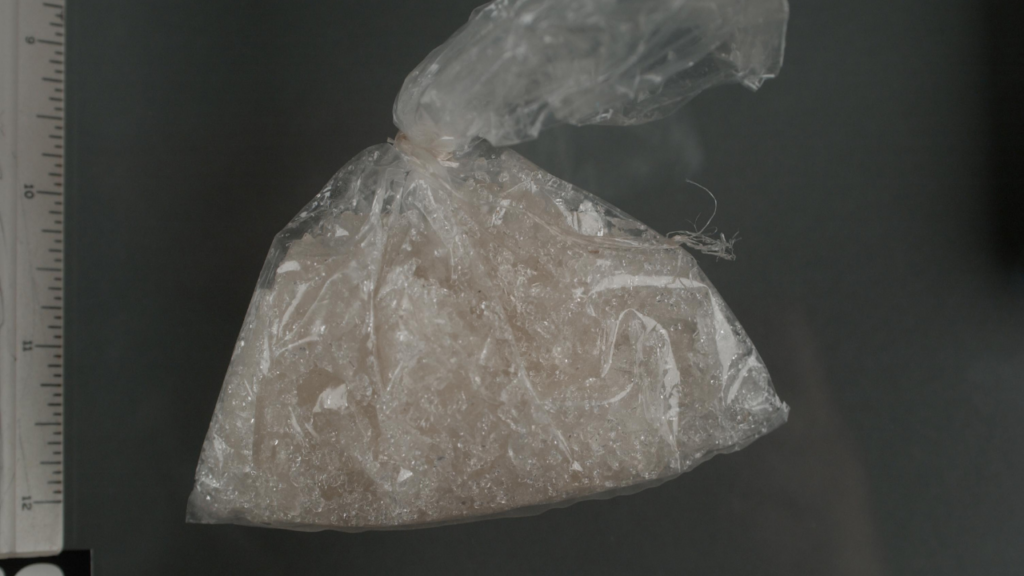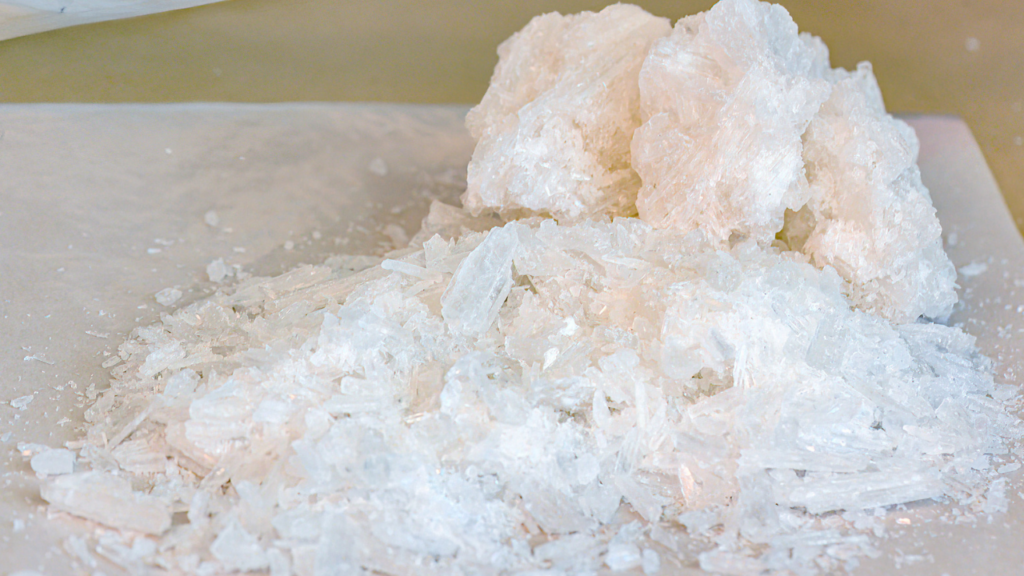Methamphetamine, commonly known as meth, is a highly addictive and dangerous stimulant drug that can quickly take over a person’s life. Meth use can rapidly lead to addiction, causing significant harm to an individual’s physical health, mental well-being, relationships, and overall quality of life. Recognizing the signs of meth use is essential for getting a loved one the help they need before it’s too late. The Bluffs Addiction Campuses, located in Ohio, provides comprehensive addiction treatment to help individuals overcome meth addiction and reclaim their lives. If you suspect someone close to you is using meth, watch for these telltale physical, psychological, and behavioral signs.

Physical Signs of Meth Use
- Rapid weight loss and decreased appetite
- Dilated pupils and rapid eye movement
- Skin sores, acne, and “meth mouth” (severe tooth decay and gum disease)
- Excessive sweating and body odor
- Twitching, facial tics, jerky movements, and tremors
- Increased blood pressure, heart rate, and body temperature
- Nausea, vomiting, and diarrhea
- Seizures and convulsions in severe cases
Meth use can cause dramatic changes in physical appearance, as the drug suppresses appetite and leads to rapid weight loss. Users may develop skin problems like acne, sores, and infections due to poor hygiene and obsessive skin-picking. “Meth mouth” is another common physical sign, characterized by severe tooth decay, gum disease, and tooth loss resulting from the drug’s acidic nature and dry mouth side effect.
Psychological Signs of Meth Use
- Initial euphoria and increased energy followed by emotional crashes
- Extreme mood swings, irritability, and agitation
- Anxiety, paranoia, and delusions
- Visual and auditory hallucinations
- Confusion, impaired memory, and difficulty concentrating
- Insomnia and disrupted sleep patterns
- Depression and suicidal thoughts
- Anhedonia (inability to feel pleasure)
Meth’s effects on the brain can cause significant psychological disturbances. Users may experience a brief rush of euphoria and increased energy, followed by a severe crash that leaves them feeling depressed, irritable, and fatigued. Chronic meth use can lead to psychotic symptoms like paranoia, delusions, and hallucinations, which may persist even after stopping the drug.
Behavioral Signs of Meth Use
- Increased talkativeness, hyperactivity, and restlessness
- Social withdrawal, isolation, and loss of interest in hobbies
- Lying, secrecy, and deceptive behavior
- Risky sexual behaviors and promiscuity
- Neglecting responsibilities, work, school, and hygiene
- Frequent disappearances for extended periods
- Financial problems, borrowing money, and stealing to fund drug use
- Possession of drug paraphernalia (pipes, syringes, burnt foil)
Meth addiction can cause drastic changes in a person’s behavior as they prioritize drug use above all else. They may become secretive, lie about their whereabouts, and isolate themselves from family and friends. Neglecting responsibilities, hygiene, and hobbies is common as the addiction consumes their life. Some users may engage in risky sexual behaviors or resort to stealing to fund their habit.
Long-Term Effects of Meth Addiction
Beyond short-term side effects, chronic meth use can lead to devastating long-term consequences, such as:
- Organ damage, especially to the heart, lungs, liver, and kidneys
- Brain damage, leading to cognitive impairments and memory loss
- Weakened immune system and higher risk of infections like HIV and hepatitis
- Psychosis, including persistent paranoid delusions and hallucinations
- Cognitive impairments affecting memory, judgment, decision-making, and motor skills
- Aggressive, violent, and erratic behavior
- Severe dental problems and tooth loss
- Relationship problems, job loss, financial ruin, and legal troubles
- Increased risk of stroke, heart attack, and overdose
How The Bluffs Addiction Campuses Can Help
At The Bluffs, we understand the complexity of meth addiction and provide evidence-based treatment tailored to each patient’s unique needs. Our experienced team of addiction specialists offers a comprehensive range of services, including:
- Medically-supervised detox to safely manage withdrawal symptoms
- Individual and group therapy to address underlying issues and build coping skills
- Cognitive-behavioral therapy (CBT) to modify harmful thought patterns and behaviors
- Family therapy to rebuild relationships and create a strong support network
- 12-step facilitation and SMART Recovery programs for ongoing support
- Dual diagnosis treatment for co-occurring mental health disorders like depression and anxiety
- Aftercare planning and relapse prevention strategies
Addiction is a chronic disease that requires long-term management and support. Our team at The Bluffs is dedicated to helping patients not only achieve sobriety but also develop the tools and skills necessary for sustained recovery.
Call Us Today
Don’t let addiction control your life or the life of a loved one any longer. If you recognize these signs, reach out to The Bluffs Addiction Campuses today. Our compassionate admissions navigators are available 24/7 to answer your questions, verify insurance, and help you start the journey to recovery. Call us now at 330-919-9228 to take the first step toward a healthier future. With the right treatment and support, recovery from addiction is possible, and we’re here to guide you every step of the way.








